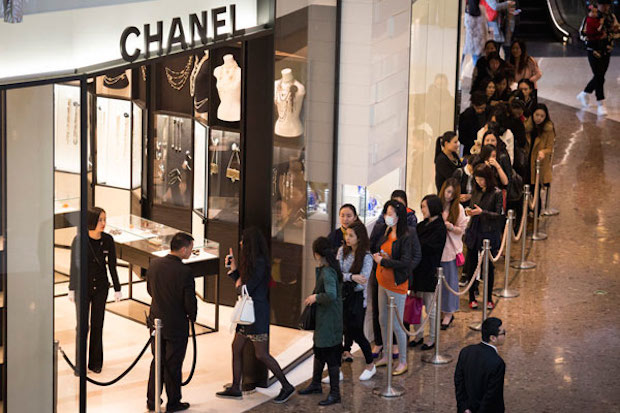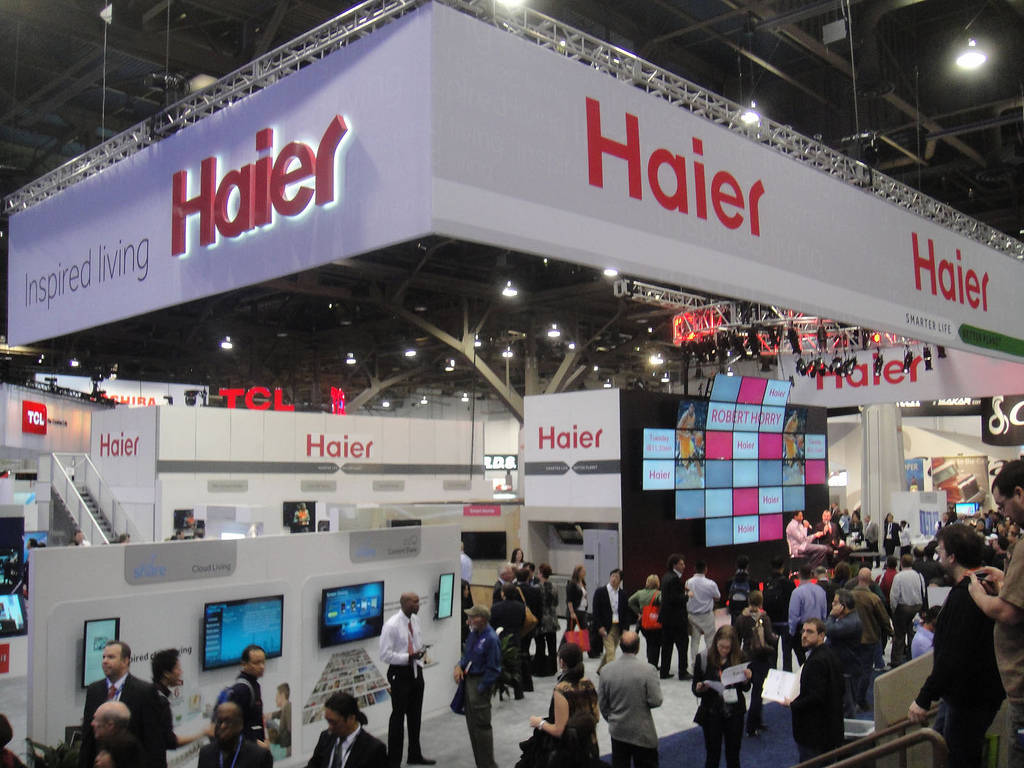Luxury industry: cracking the conundrum of lower-tier cities across emerging markets
Luxury brands market their products in many large emerging markets like India and China thinking consumers are the same within these countries. Our latest research shows that significant differences exist within higher - and lower - tier cities in their consumption motivations. We provide guidance on successfully negotiating these complexities.








